As we journey through life, our bodies change and so should our eating habits. Certain foods that didn’t bother us in our younger years can suddenly cause digestive issues, inflammation, or worsen health conditions as we age.
Making smart dietary choices becomes increasingly important for maintaining energy, health, and quality of life in our golden years.
1. Salty Processed Meats
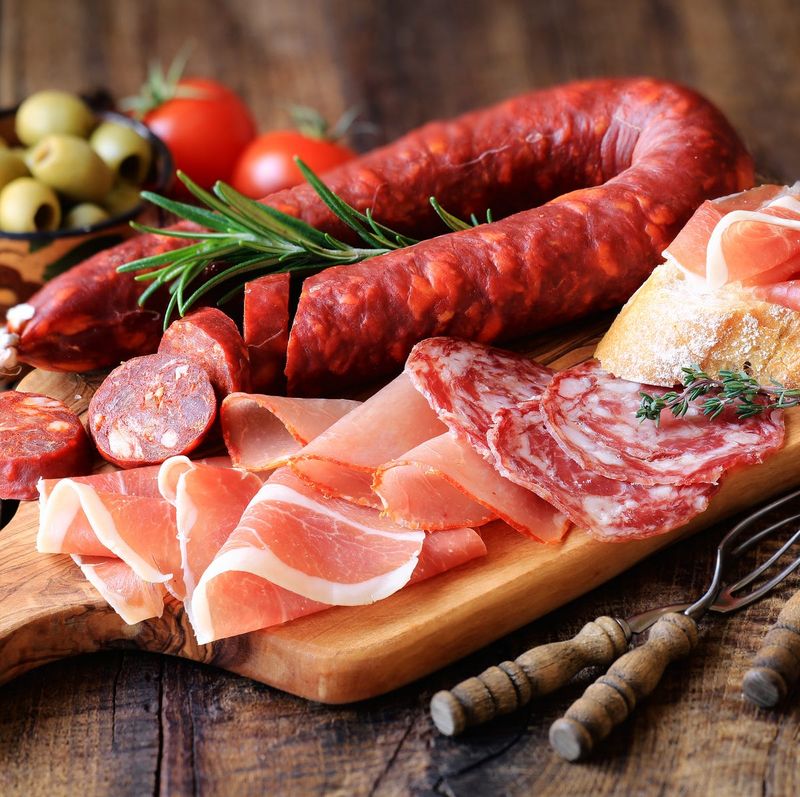
Those tempting deli meats and sausages pack a sodium punch that your aging cardiovascular system really doesn’t need. High blood pressure becomes more common with age, and processed meats can send those numbers soaring.
Plus, they’re loaded with preservatives that can increase inflammation throughout your body.
2. Sugary Breakfast Cereals
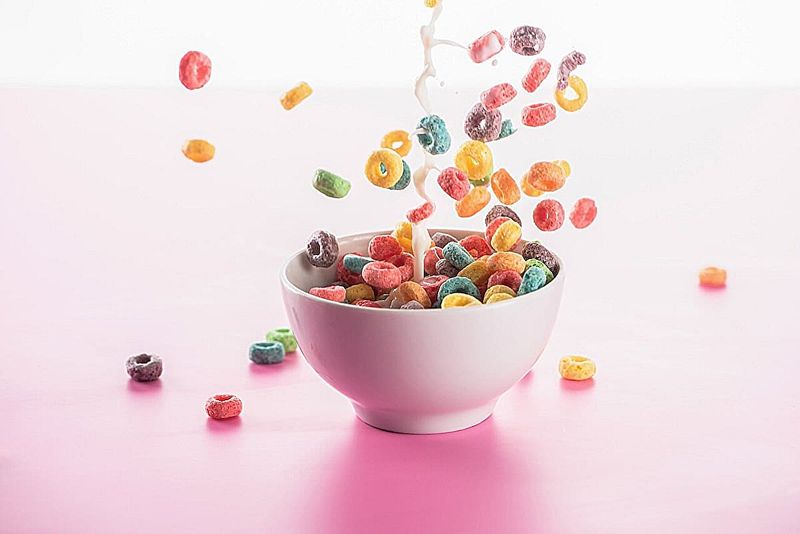
Remember those colorful cereals you loved as a kid? Your metabolism isn’t what it used to be, making those sugar bombs particularly problematic now.
Morning sugar spikes can leave you feeling drained by lunchtime and contribute to insulin resistance. Older bodies simply can’t process all that refined sugar without consequences.
3. Margarine And Trans Fats

Once marketed as heart-healthy alternatives to butter, we now know these processed spreads can be troublemakers for aging bodies. Many contain trans fats that increase bad cholesterol while lowering good cholesterol—a double whammy for heart health.
Your arteries become less flexible with age, making them more vulnerable to these harmful fats.
4. Soft Drinks And Sodas

Fizzy drinks might seem harmless, but they’re basically liquid candy with zero nutritional benefits. Each can contains around 10 teaspoons of sugar—a disaster for blood glucose levels and bone health!
The phosphoric acid in cola varieties actively leaches calcium from your bones, a serious concern when osteoporosis risk increases with age.
5. Alcohol In Excess

That evening cocktail hits differently after 50. Aging livers process alcohol more slowly, meaning those drinks pack a stronger punch and stay in your system longer.
Sleep quality—already challenging for many seniors—takes another hit when alcohol disrupts your natural sleep cycles. Your medication effectiveness might be compromised too.
6. High-Sodium Frozen Meals
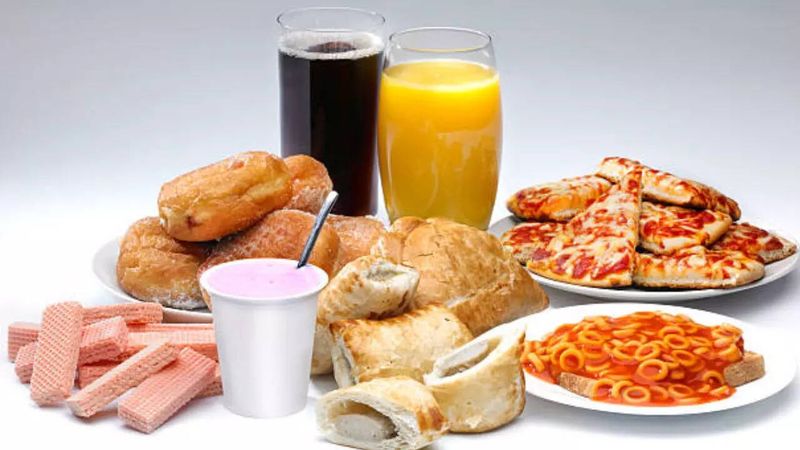
Quick and convenient? Yes. Healthy for your aging body? Absolutely not. These salt-laden convenience foods can contain nearly a day’s worth of sodium in a single serving.
Blood pressure concerns become more common with age, making these freezer favorites particularly problematic. Fresh, home-cooked alternatives are worth the extra effort.
7. White Bread And Refined Grains
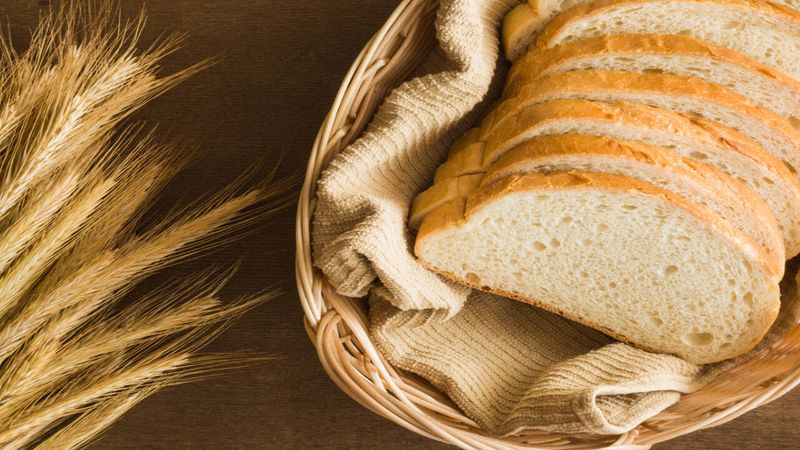
Those fluffy white slices might seem innocent, but they’re basically sugar in disguise. Your body breaks down refined grains lightning-fast, causing blood sugar spikes that become increasingly problematic with age.
Digestion slows down in your golden years, making fiber more important than ever. Whole grains keep things moving while providing steady energy and essential nutrients that white bread simply can’t deliver.
8. Grapefruit (When On Medications)
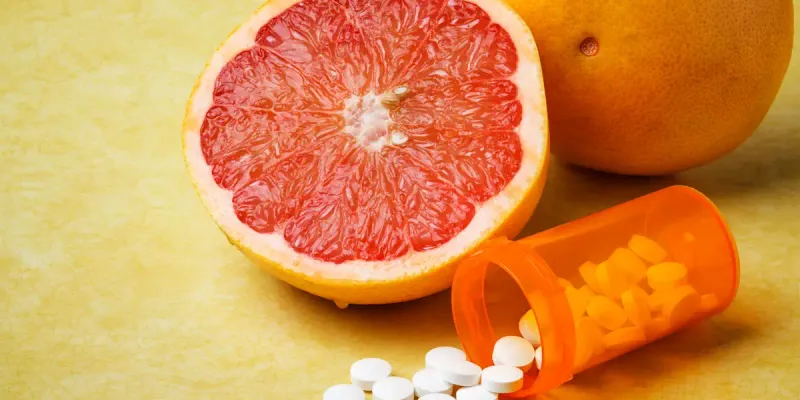
Surprisingly, this seemingly healthy citrus can be downright dangerous for many seniors. Grapefruit contains compounds that interfere with enzymes responsible for metabolizing many common medications.
Blood pressure medications, cholesterol-lowering statins, and certain psychiatric drugs can reach harmful levels when paired with grapefruit. Always check with your doctor about this sneaky food interaction.
9. Raw Sprouts And Unwashed Produce
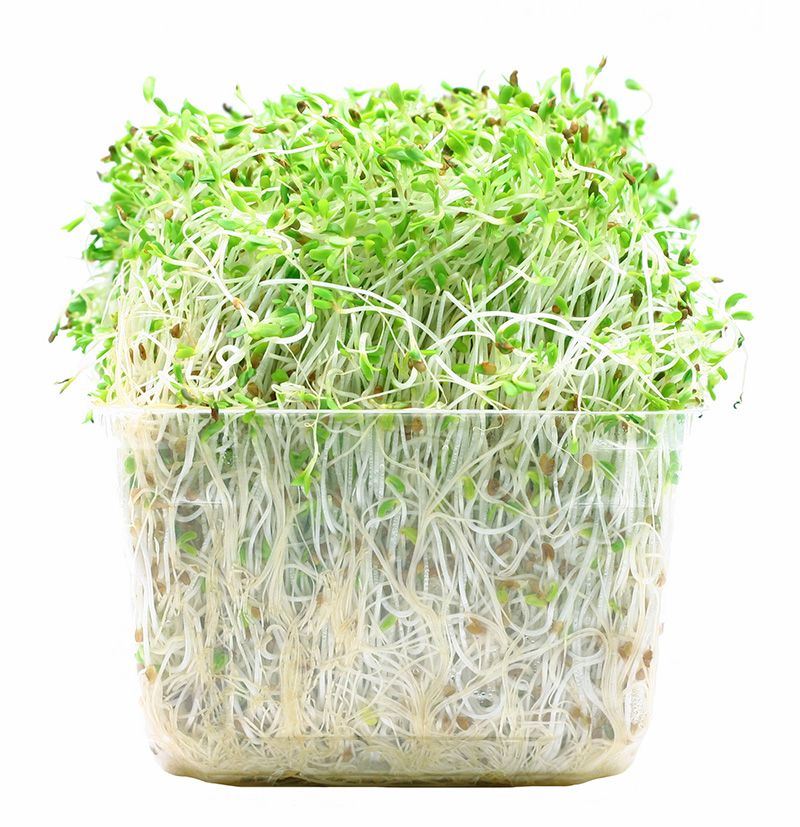
That crunchy alfalfa in your sandwich carries surprising risks as you age. Raw sprouts grow in warm, humid conditions—perfect breeding grounds for bacteria that younger immune systems might handle but aging ones struggle with.
Food safety becomes increasingly important with age as your immune response naturally weakens. The same goes for unwashed fruits and vegetables.
10. High-Mercury Fish
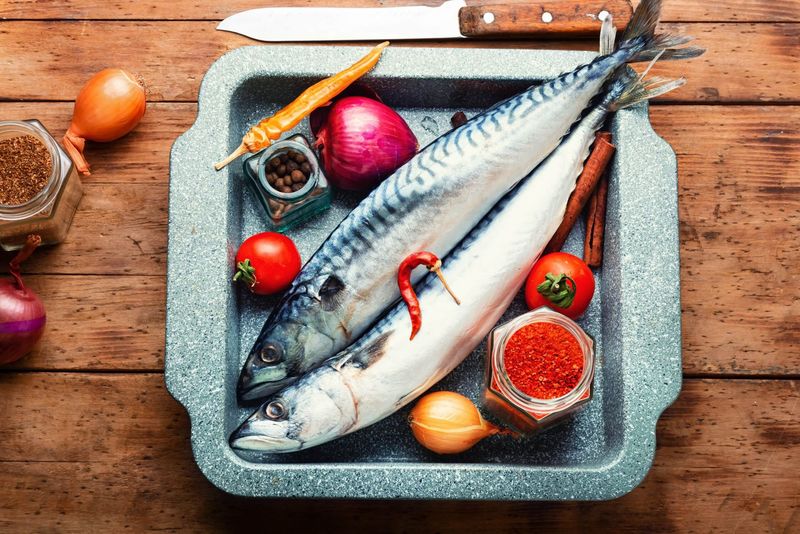
Fish is fantastic for aging bodies—except when it comes with a side of heavy metals. Larger predatory fish like swordfish, king mackerel, and tilefish accumulate mercury that can damage your nervous system.
Aging brains are particularly vulnerable to these neurotoxic effects. Don’t abandon seafood entirely though! Salmon, sardines, and trout offer brain-boosting omega-3s without the mercury concerns.
11. Charred And Blackened Meats
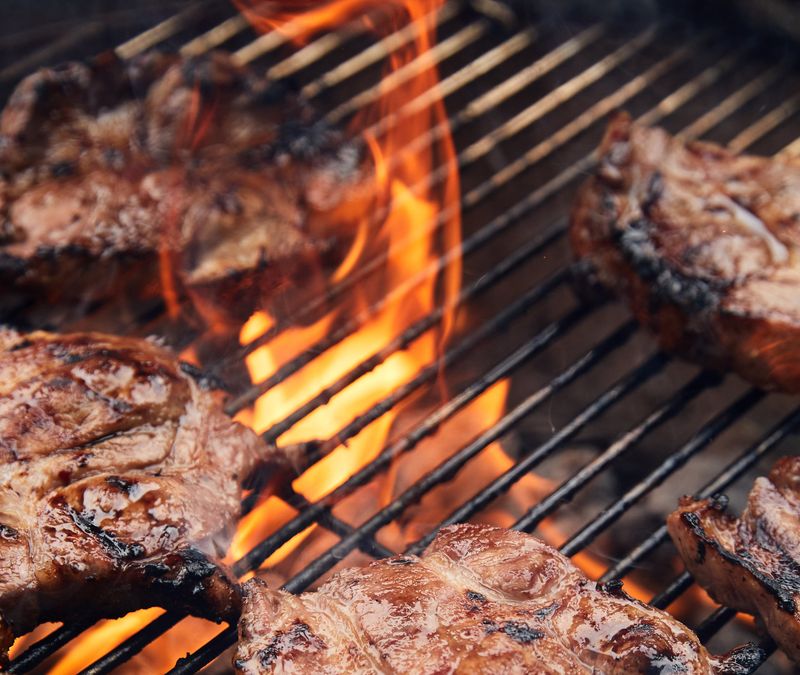
Those delicious grill marks might flavor your steak, but they’re serving up a side of heterocyclic amines and polycyclic aromatic hydrocarbons—known carcinogens that become more concerning as cancer risks increase with age.
Your body’s ability to detoxify harmful compounds diminishes over time. Try marinating meats before grilling (which reduces carcinogen formation) and avoid charring for healthier cookouts that your aging cells will appreciate.
12. Artificial Sweeteners

Swapping sugar for artificial sweeteners seems smart until you consider how they might affect your aging digestive system. Many older adults report increased bloating and digestive distress with these chemical substitutes.
Some research suggests these sweeteners might actually increase sugar cravings rather than satisfy them. Your gut microbiome changes with age too, potentially making these fake sugars more problematic.
13. Excessive Caffeine

That morning coffee ritual might need some adjusting as you age. Your body metabolizes caffeine more slowly with each passing decade, meaning that afternoon cup could keep you staring at the ceiling at midnight.
Sleep becomes more precious and often more elusive with age. Caffeine can also increase anxiety, raise blood pressure, and worsen acid reflux—all common concerns for older adults.
14. Fast Food Burgers And Fries
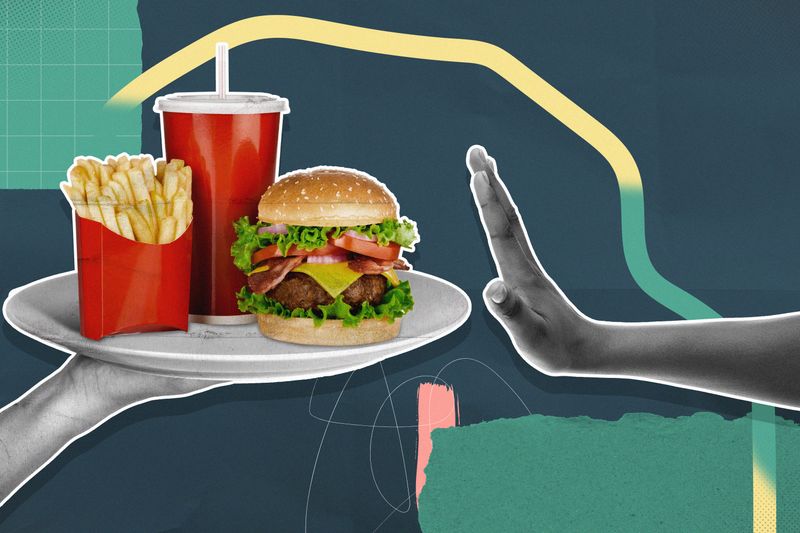
The combo meal that barely affected you in your twenties now sticks around—both on your waistline and in your arteries. Metabolism naturally slows with age, making those empty calories more problematic.
Digestion changes too, often making greasy foods harder to process without discomfort. Your heart health becomes increasingly vulnerable to these fat-laden meals. The occasional treat won’t hurt!
15. Spicy Foods (If You Have Reflux)

Those five-alarm tacos might have been no problem in your youth, but aging digestive systems often develop less tolerance for heat. The lower esophageal sphincter naturally weakens with age, making acid reflux more common.
Spicy foods can trigger uncomfortable heartburn that disrupts sleep and enjoyment. You don’t need to abandon your favorite flavors entirely—just dial back the intensity or save the spiciest dishes for lunchtime.
16. Uncooked Eggs And Raw Seafood

That runny egg yolk or oyster bar special carries more risk as your immune defenses naturally decline with age. Salmonella or vibrio infections that might have caused minor discomfort in your youth could lead to serious illness now.
Food safety becomes increasingly important when your body can’t fight off pathogens as effectively. Fully cooked eggs and seafood might lack some of the texture you love, but they offer peace of mind that’s worth the culinary compromise.
17. High-Salt Snacks
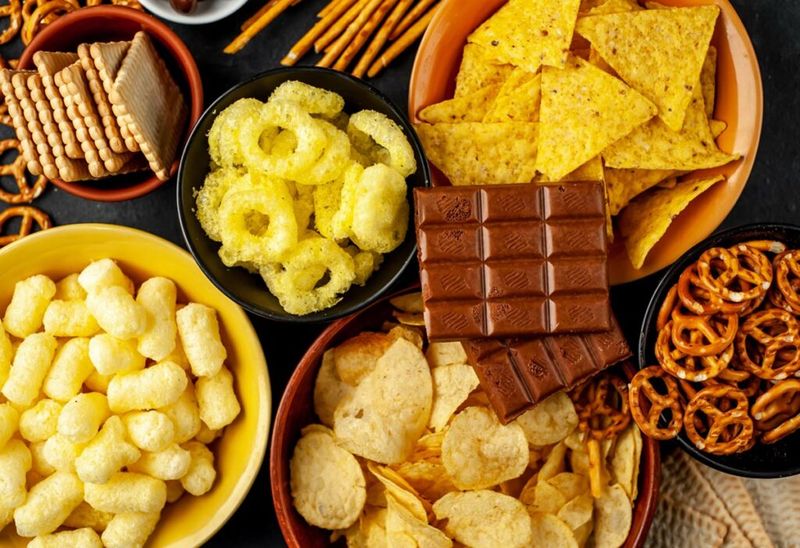
Those crunchy potato chips and pretzels deliver a sodium wallop that aging kidneys process less efficiently. Fluid retention becomes more problematic with age, causing swollen ankles and increased blood pressure.
Your taste buds actually lose sensitivity over time, which might make you reach for even more salt. Unsalted nuts, air-popped popcorn, or vegetable sticks with hummus make smarter snacking choices.
18. Unpasteurized Dairy Products
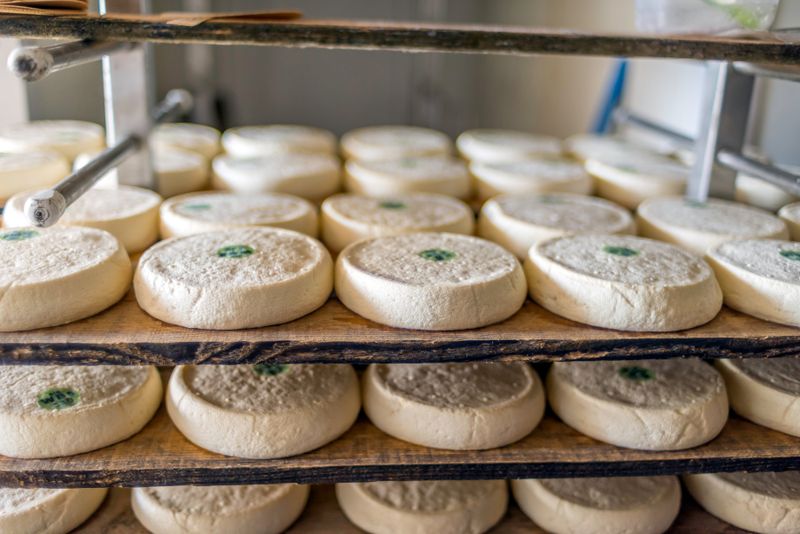
Artisanal raw milk cheeses might be trendy, but they carry bacterial risks that become more serious as your immune system naturally weakens with age. Listeria in particular can cause severe illness in older adults.
Your gut’s protective mechanisms change over time too, making foodborne pathogens more dangerous. The complex flavors of unpasteurized products aren’t worth the health gamble.
19. Excessive Red Meat
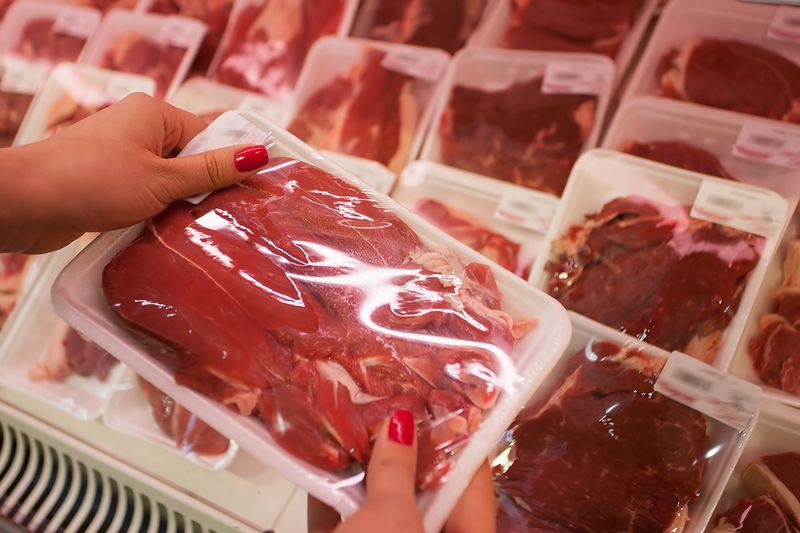
That daily steak habit becomes increasingly problematic as your digestive system slows down with age. Red meat takes significant effort to digest and can lead to uncomfortable constipation when fiber intake is inadequate.
The saturated fat content raises more concerns for heart health with each passing decade too. Your aging body generally benefits from shifting toward more plant proteins and fish.
20. Energy Drinks

The caffeine and sugar cocktail in these canned beverages is particularly harsh on aging cardiovascular systems. Your heart becomes more sensitive to stimulants with age, making palpitations and rhythm disturbances more likely.
Blood pressure concerns increase too. The B-vitamin content might seem beneficial, but you’ll get those nutrients in healthier forms from real foods. Your energy needs are better supported through proper rest, hydration, and balanced nutrition.

